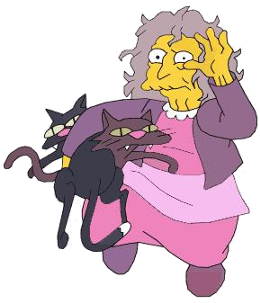Are Gamblers Greedy Bird-brains? That's What Researchers Say
 |
| Credit: University of WarwickA pigeon participating in a test to find out how they make risky decisions. |
Take a read through the post, and file the information away in your gray cells for some upcoming fiction, because it does explain how some people make decisions. Giggle at the headline then move on to your task. Enjoy.
 |
| Suggested reading click on image |
Researchers, led by Dr Elliot Ludvig of the University of Warwick's Department of Psychology, conducted tests that found that both human gamblers and pigeons were 35% more likely to gamble for high-value than low-value rewards.
Published in Biology Letters, the researchers argue that the test results show the important role that memories of previous biggest wins and losses play when we make risky gambling decisions.
"Both humans and pigeons were shown to be less risk averse for high rewards then they were for low rewards and this is linked to our past memories and experiences of making risky decisions" says Dr Ludvig.
"When people gamble, they often rely on past experiences with risk and rewards to make decisions." Dr Ludvig argues. "What we found in this study is that both pigeons used these past experiences in very similar ways to guide their future gambling decisions -- Any big wins we've had in the past are memorable and stand-out when we are making our decision to gamble again."
Despite humans having a greater mental capacity than pigeons, Dr Ludvig argues: "humans and pigeons react in similar ways when faced with risky decisions because equivalent mental processes are driving their behaviour. Humans and pigeons are equally influenced by the biggest wins and losses that they have previously encountered."
Commenting on potential explanations of the close correlation between the species' test results Dr Ludvig said: "Birds are distantly related to humans, yet we still share the same basic psychology that drives risk-taking. This may be due to a shared common ancestry or similar evolutionary pressures."
In the tests individual humans or pigeons learned about four options: two that led to high-value rewards and two that led to low-value rewards, with the humans being rewarded with points and the pigeons with food. For each reward level, high or low, one safe option resulted in a guaranteed fixed reward, and one risky option yielded a 50/50 chance of a better or worse reward.
* * * * *
Story Source: Materials provided by University of Warwick. E. A. Ludvig, C. R. Madan, J. M. Pisklak, M. L. Spetch. Reward context determines risky choice in pigeons and humans. Biology Letters, 2014

Comments
Post a Comment